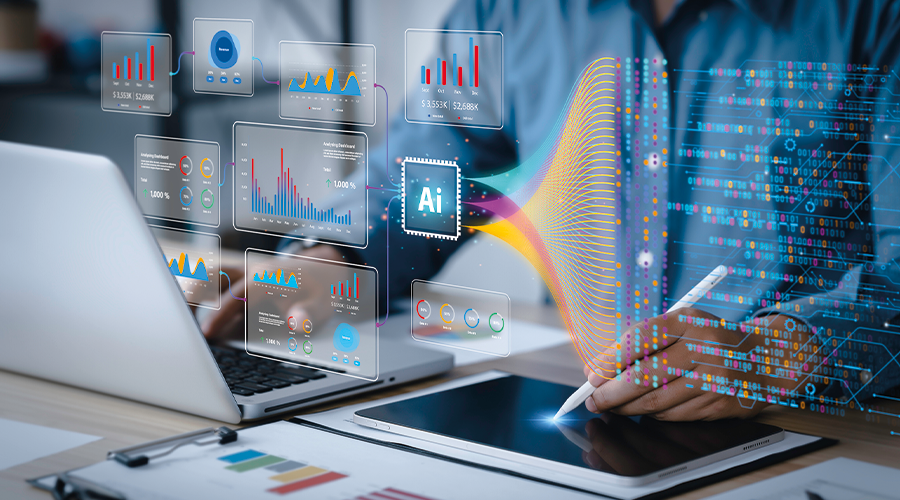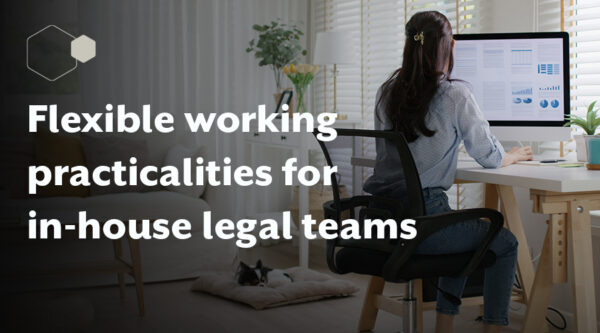
Transforming workplaces: the impact of artificial intelligence on employee performance
17 January 2025

Artificial Intelligence (“AI”) is revolutionising the workplace. It is transforming how businesses operate and how employees perform their tasks.
Early stages of AI
We’re in the early stages of adoption. Currently, AI is being used for automating repetitive tasks. It is also enhancing decision-making and improving productivity. For example, businesses are using tools like ChatGPT to assist in drafting documents, to form new ideas and to write code. Machine learning algorithms can analyse vast amounts of data to provide insights. Natural language processing (“NLP”) can improve customer service through chatbots.
Training employees to improve output
In the short term, the rapid adoption of AI will highlight significant gaps, particularly in training. Employees are likely to feel unprepared to work with AI technologies until they have had training.
Unfortunately, at this point, generative AI is not intuitive. It relies on your inputs or prompts to understand exactly what you need. Training on how to better use prompts for generative AI will improve outputs. Trained employees will likely produce better outputs than untrained employees. Businesses must invest in reskilling their workforce to bridge these gaps and enable employees to use AI efficiently.
AI to assist employees with disabilities
AI can reshape accessibility in the workplace. AI-powered tools can conduct accessibility audits and design inclusive workspaces. It can also provide real-time assistive technologies. For instance, screen readers and voice-to-text applications can help employees with disabilities. Providing better tools allows for a more inclusive work environment and empowers employees.
Looking ahead
Far from removing jobs, the World Economic Forum estimates that by 2030, AI could create 78m more jobs than it eliminates. Future AI applications will likely focus on enhancing creativity. They will also target strategic planning and complex problem-solving. In these areas, human intuition and AI’s analytical power can complement each other.
Immediate steps
It is important that businesses do not fall for hype and use the wrong tools. They should identify areas where AI can add value and then implement targeted solutions. They should keep abreast of developments to make sure the tools they have deployed are up to date and address training gaps and foster a culture of inclusivity and accessibility. This will empower employees and allow the business to benefit from AI.

Future Workspaces Conference 2025: Shaping Tomorrow’s Workplace – A New Era
Date: 4 February 2025
Time: 12:00 – 19:00
Venue: x+y eighteen Lounge, Floor 18, 103 Colmore Row, Birmingham, B3 3AG
Employment in 2025 – it’s complex, it’s different, and it calls for a new approach. Don’t miss the opportunity to register your free place at the HCR Law Future Workspaces Conference on the 4 February.










